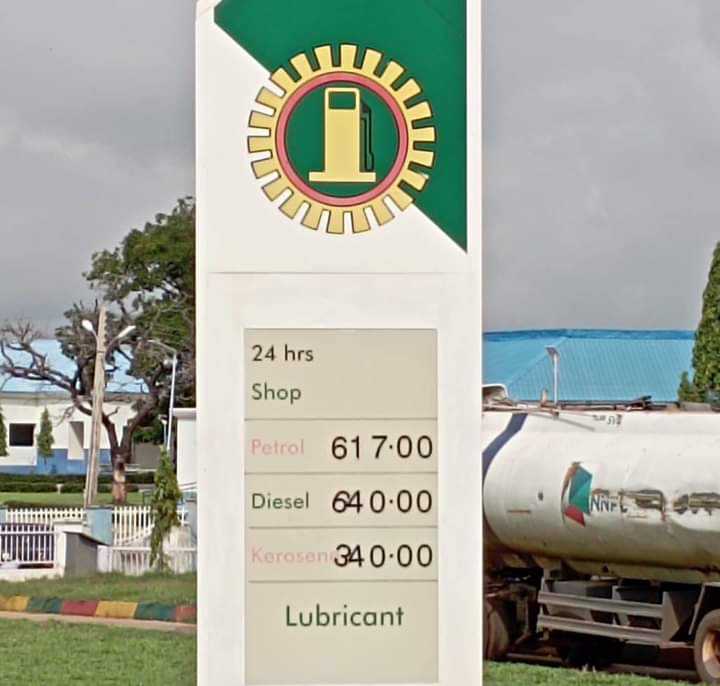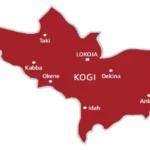For almost a month across Nigeria we saw the embarrassing sight of long queues and black marketers with jerry cans hovering around petrol stations. This was due to the scarcity of the product. What started like a hitch in distribution in the Lagos State axis snowballed into a crisis which almost grounded the country.
When the queues first surfaced in Lagos, the situation appeared as though it would be tackled in a few days, but that did not happen. After about a week, the queues extended to other parts of the country. Motorists spent long hours on queues where petrol was available, as most of the filling stations were not dispensing the product, and in some cases they were selling at rates that were way higher than the usual price. And this was without any official announcement of a hike in price by the relevant authorities. Indeed, man-hours that could have been used for viable ventures were wasted on the queues.
Most people were seen trekking, with all complaining about the hike in transport fares due to the difficulty experienced by transporters in accessing petrol. It was indeed unfortunate that Nigerians had to go through so much difficulty to access a product that is already expensive following the subsidy removal.
Sadly, the crisis occurred at the height of the heat period and poor electricity supply, making it worse for citizens who needed to power their generators to deal with the heat and for other purposes that required power.
It must be noted that for some time the distribution of petrol was stable, which made the scarcity unexpected. With the removal of subsidy and passage of the Petroleum Industry Act (PIA) into law, it was assumed that the days of long queues at petrol stations and scarcity were gone.
Most unfortunate was the inability of the Nigerian National Petroleum Company Limited (NNPCL) to tell Nigerians exactly what was responsible for the crisis and how long it would take to handle it. After days of hardship, NNPCL said the logistics problems that led to the scarcity had been resolved.
The Chief Corporate Communications Officer of NNPCL, Olufemi Soneye, said, “The NNPCL wishes to clarify that the tightness in the supply of PMS (petrol) currently being experienced in some areas across the country is as a result of logistics issues, and that they have been resolved. The NNPCL urges Nigerians to avoid panic buying as there is a sufficiency of products in the country.”
Barely three days after Soneye’s assurance, the Independent Petroleum Marketers Association of Nigeria (IPMAN) said the scarcity could last for two more weeks.
The spokesman of IPMAN, Chinedu Ukadike, said the product was currently not available in the country, noting that there was a challenge sourcing it because “most refineries in Europe are undergoing turnaround maintenance.”
IPMAN’s position was in contradiction to what NNPCL told Nigerians. It was then difficult to say who was right, which should not have been the case. After the back and forth, the federal government, on May 1, said it would commence a 15-day emergency fuel supply to ensure the commodity circulated across the length and breadth of the country.
It is unfortunate that the relevant parties were not able to foresee the crisis and warn Nigerians or take actions to avert it. Worse still is the fact that each time such happens, NNPCL comes up with excuses that hardly make sense to citizens. In the past, NNPCL gave excuses that included floods preventing the movement of trucks, public holidays for festivities disrupting distribution and what it called glitches.
Based on the importance of petrol to citizens, there should be no room for such disruptions. There is a need for better collaboration between NNPCL and IPMAN, just as there should be transparency in the entire system.
NNPCL must understand that the truth is necessary in the face of such a crisis. It should not be about saving face or acting like there is no problem. It will help better if NNPCL owns up to a problem immediately it occurs and takes steps to address it. It cannot run its affairs by the rule of the thumb. It must be scientific; it should be able to predict and take action before it escalates.
It is good that the current situation is getting better. NNPCL must do its best to ensure that normalcy returns across the country as soon as possible. But it should not stop there; it should look into the underlying issues and tackle them from the source so that we do not have a repeat after a few months.
The federal government must ensure that the refineries work. It does not do the country any good that after several promises the Port Harcourt Refinery is yet to commence operations. All the channels of distribution must be streamlined for efficiency. It must be stated that the sight in the past two weeks did not do the image of Nigeria as an oil-producing country any good.
Going forward, nothing should be taken for granted. NNPCL must be alert and alive to its responsibilities and not allow a repeat of fuel scarcity.

 Join Daily Trust WhatsApp Community For Quick Access To News and Happenings Around You.
Join Daily Trust WhatsApp Community For Quick Access To News and Happenings Around You.


